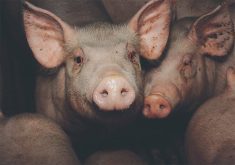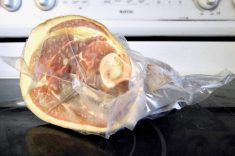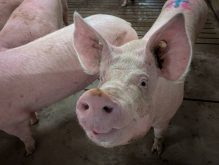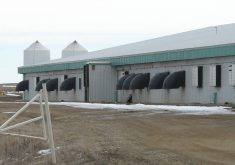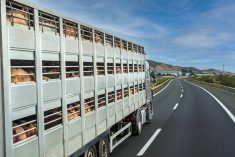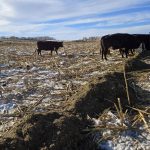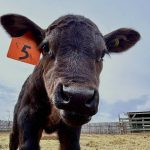American authorities have lifted an order that required sows from one Manitoba assembly yard to be certified free of Seneca Valley virus before crossing the border.
The measure had been in place since September.
The U.S. started requiring a veterinary export certificate for cull sows from the Manitoba site following a rise in Seneca Valley virus cases at U.S. packing plants. All sows had to be inspected and signed off on by a veterinarian.
Read Also
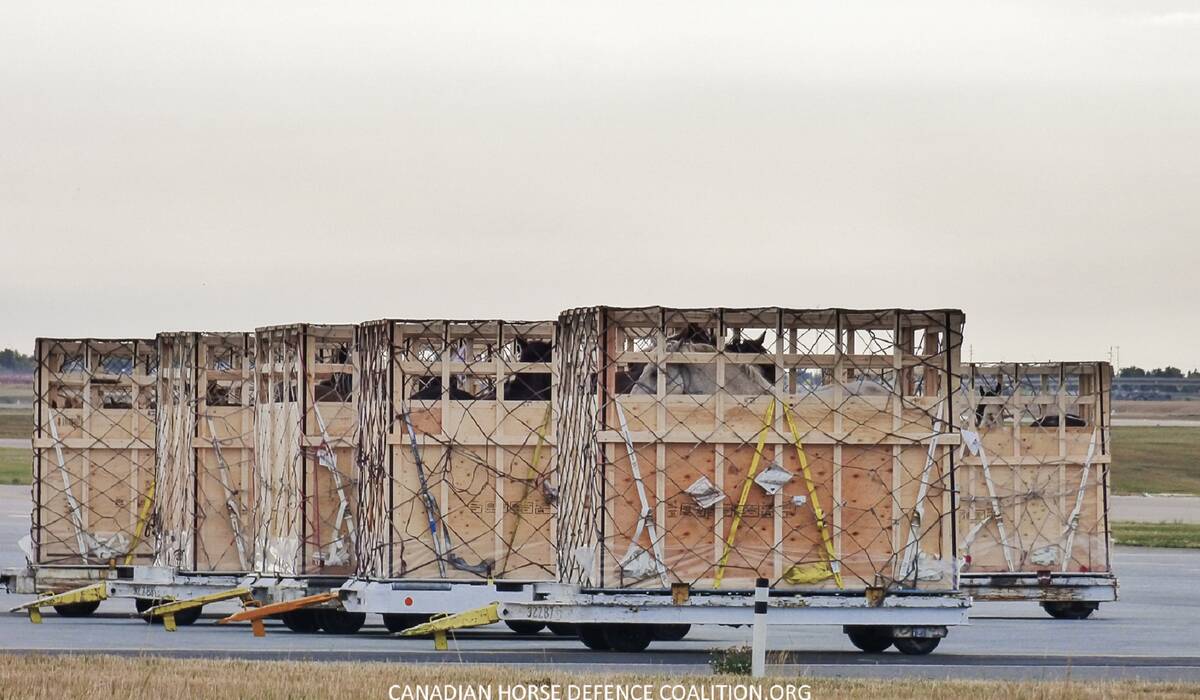
Horse welfare trial begins in Manitoba
Private prosecution of Manitoba horse farm, based on a 2022 horse export shipment, awaits judge’s verdict after two-day trial in Winnipeg.
In the second-last week of November, the USDA confirmed that Canada had met the protocol conditions for Seneca Valley virus and lifted them, said Manitoba Pork general manager Cam Dahl.
Seneca Valley virus does not have serious veterinary implications, but it shares symptoms with much more worrisome illnesses like foot-and-mouth disease. If animals arrive at processing sites with these symptoms, an investigation is triggered to rule out weightier illnesses.
The requirement caused issues for the pork sector. Finding a veterinarian to come out regularly to the site proved a challenge due to biosecurity issues, and sow shipments stopped for a time as those logistics were ironed out, Jenelle Hamblin, Manitoba Pork’s director of swine health, said earlier in November.
While the policy impacted only one site, Manitoba Pork became concerned that the certification requirement would be widely applied to assembly yards. If it had, Hamblin said, export of cull sows would have ground to a halt due to the resources required to inspect and certify the operations.
Last summer, the USDA’s Animal and Plant Health Inspection Service halted shipments from two Manitoba assembly yards for about a week due to the virus.





